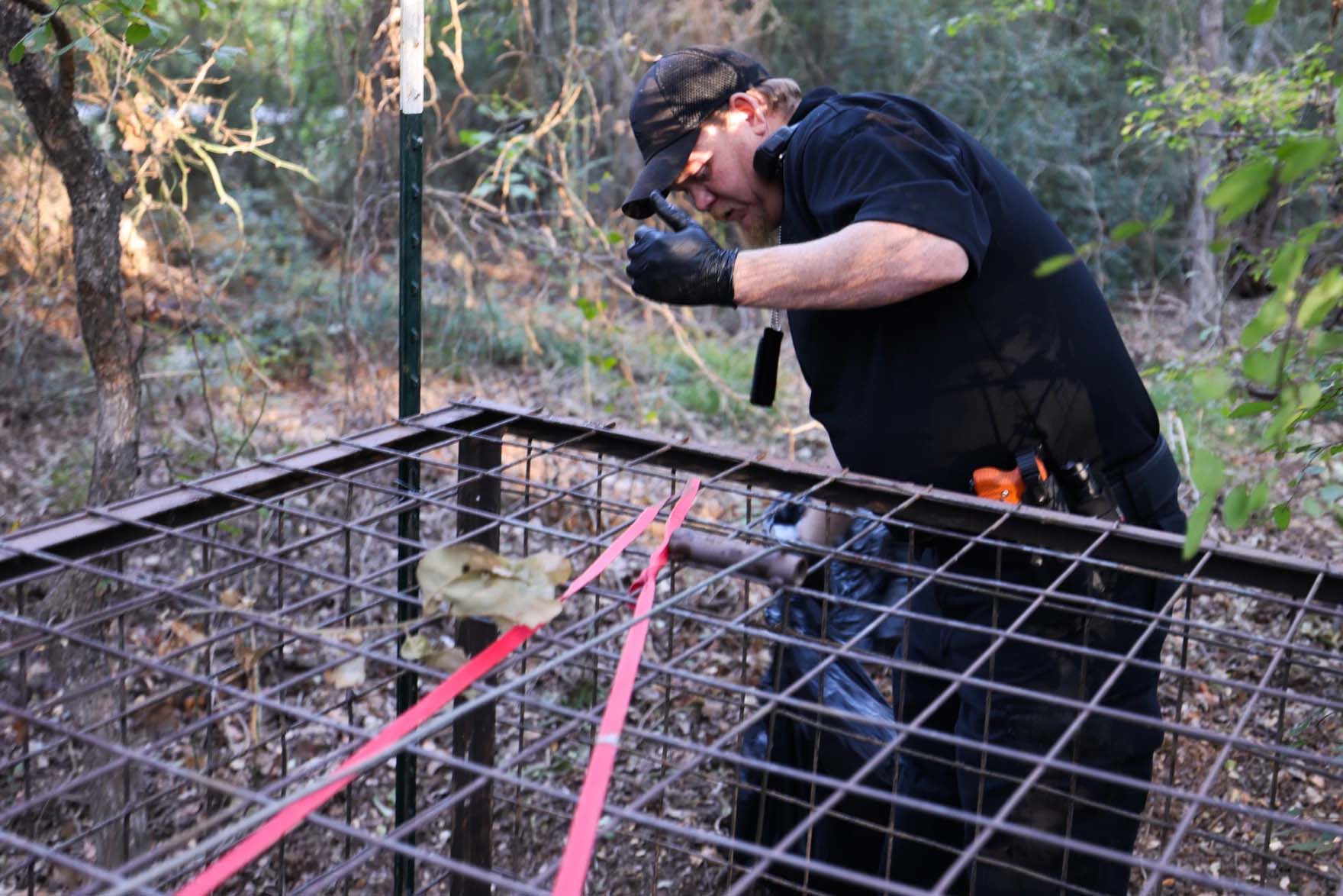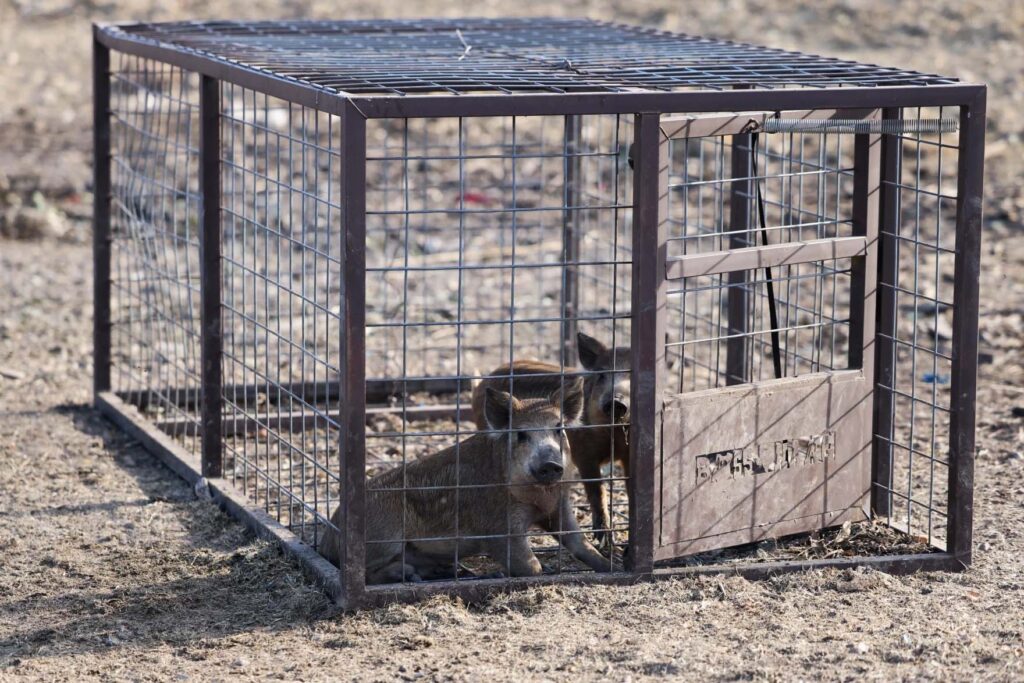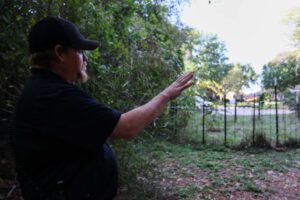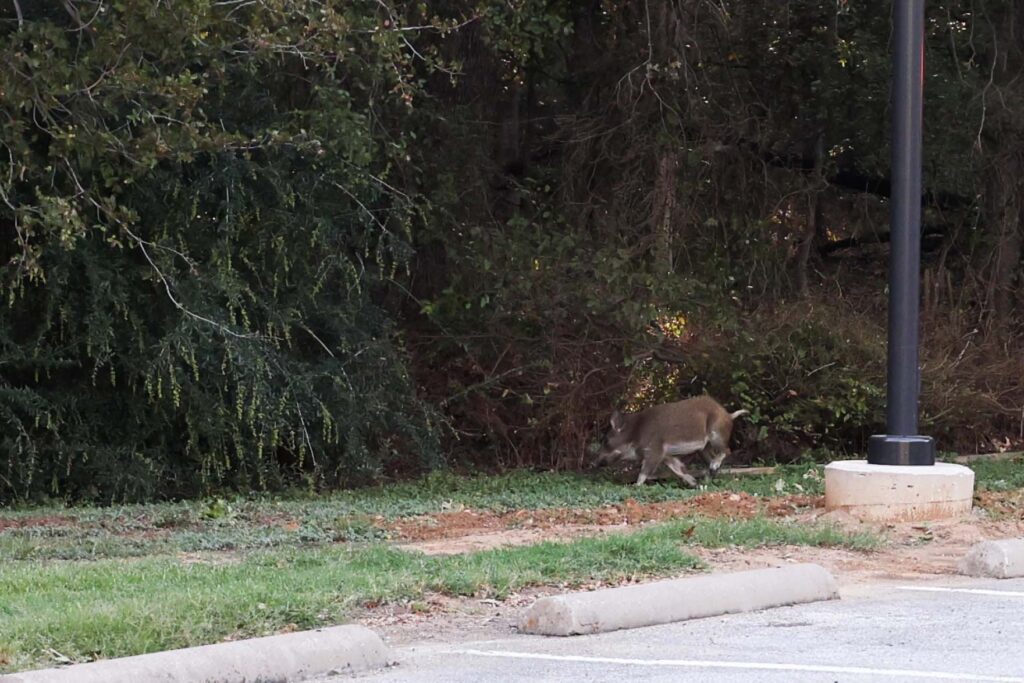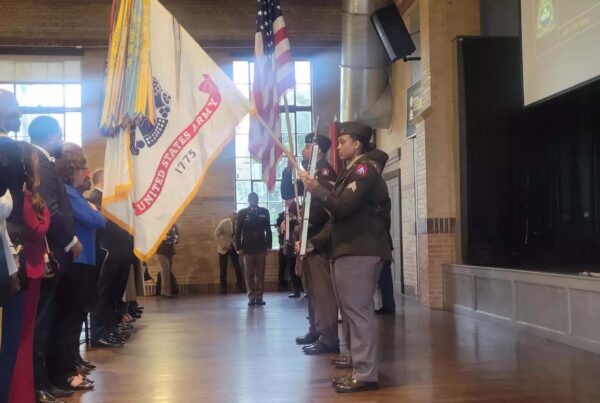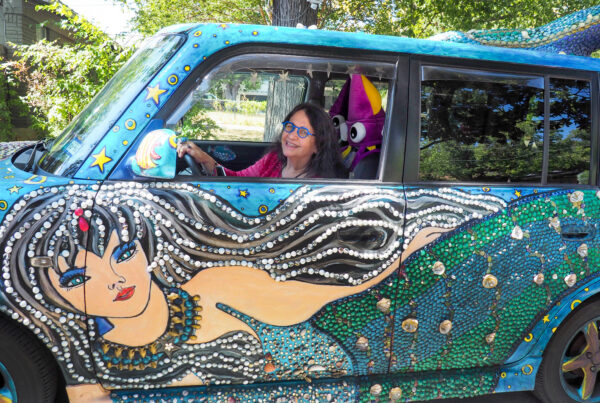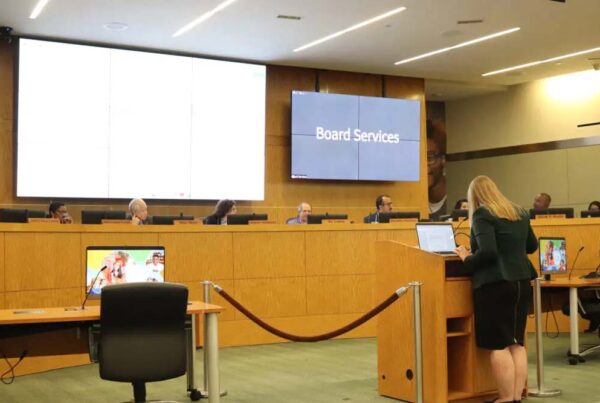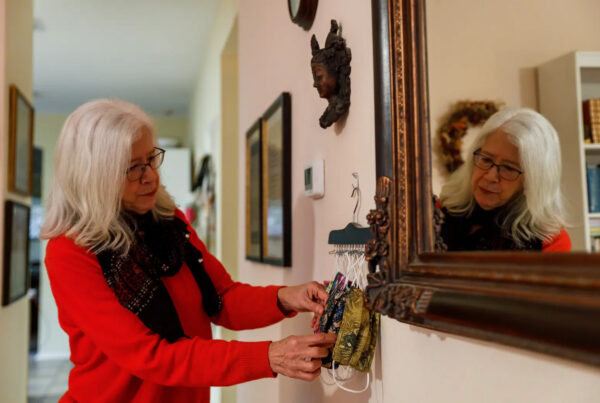From KERA News:
Paula Panchak loves her home and neighborhood in Arlington. Parkway North sits just south of the Trinity River and River Legacy Park, which puts residents close to paved trails, lush forest and an array of animal species.
“We have gorgeous wildlife to watch,” Panchak said. “That’s what keeps me from moving away.”
However, feral hogs that make appearances during the colder months could one day sway her.
The invasive species tends to travel along the Trinity River but makes stops in neighborhoods like Parkway North. Verdant lawns and lush gardens are prime targets for pigs, which root in soil. Panchak was told the acorns from the oak tree on her property makes her yard an attractive target.
“Oh, it looks like someone has come through with a rototiller. They literally destroy the yard,” Panchak said.


